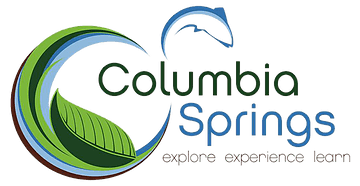How does a Repair event work?
- Once the item is registered online, you may be contacted by the triage team via email if they have any questions about your item for repair.
- Sometimes the team can solve the problem before the event.
- We may suggest parts that you may need to bring to help in the repair.
- We may determine that the item can not be repaired at our event.
- When arriving at the event:
- If you need help carrying your items, please let someone know as we usually have people to assist you.
- Please proceed to the registration table and our volunteers will check you in.
- Once checked in, the runners will deliver your ticket to the appropriate fixer station.
- We try to handle tickets at each station “first come – first served”, but if the first available fixer is not comfortable with the repair, they may leave it to the next available fixer at that station.
- Please stay with your items. This is not a drop off.
- We have runners at each event that will assist you in the process. They will call your name when the fixer is ready for you and answer any questions you may have..
- While waiting for a fixer, feel free to enjoy a snack, visit informational booths or visit with your neighbor. We also have experienced fixers that may look at your item while you are waiting in hopes of making a quick repair.
- When a fixer is available, they will take your ticket and you will be called to bring your item to the repair table.
- As the fixer is working on your item, they can show you what they are doing as well as teach you how to do the repair yourself.
- Once the item is repaired, you will be escorted back to the front desk for checkout. Please let us know how we did and you will have the opportunity to leave a donation if you wish.. Donations help fund the repair events by paying for food, supplies and event hall fees.
- Please be patient with us! We are all volunteers and doing the best we can. We will do everything in our power to repair your item as quickly as possible.
Questions? Email repairclarkcounty@gmail.com.
